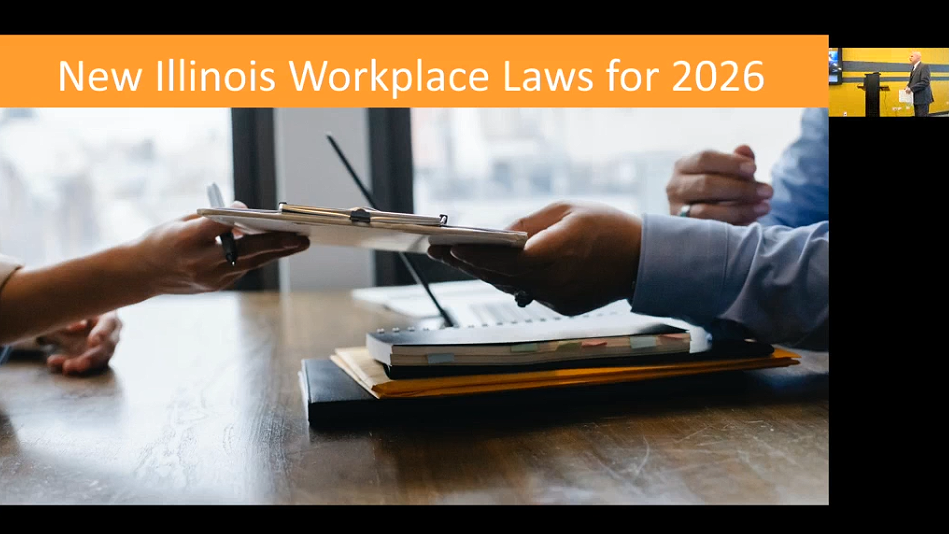What Business Owners Need to Know About Employee Stock Ownership Plans (ESOPs)
Lavelle Law • May 12, 2021
A Lavelle Law (virtual) Lunch & Learn Presentation

June 16, 2021
12:00 PM – 1:00 PM
This presentation will introduce ESOPs as an exit strategy for business owners contemplating a sale. Lavelle Law attorneys Steve Migala and David O’Leary will describe the structure of an ESOP, when it makes sense for a corporation and its shareholders to consider an ESOP, its typical use cases, and an ESOP’s unique tax advantages for corporations and their shareholders. Time will be reserved for your questions and answers.
Grab your lunch, and join us for this free webinar. Registration on Zoom is required.
More News & Resources
Lavelle Law News and Events

Beginning 3.1.26, new federal regulations issued by FinCEN will significantly affect how certain residential real estate closings are handled. Issued under the authority of the Bank Secrecy Act, the rule requires the reporting of specified non-financed residential real estate transfers involving legal entities & trusts











